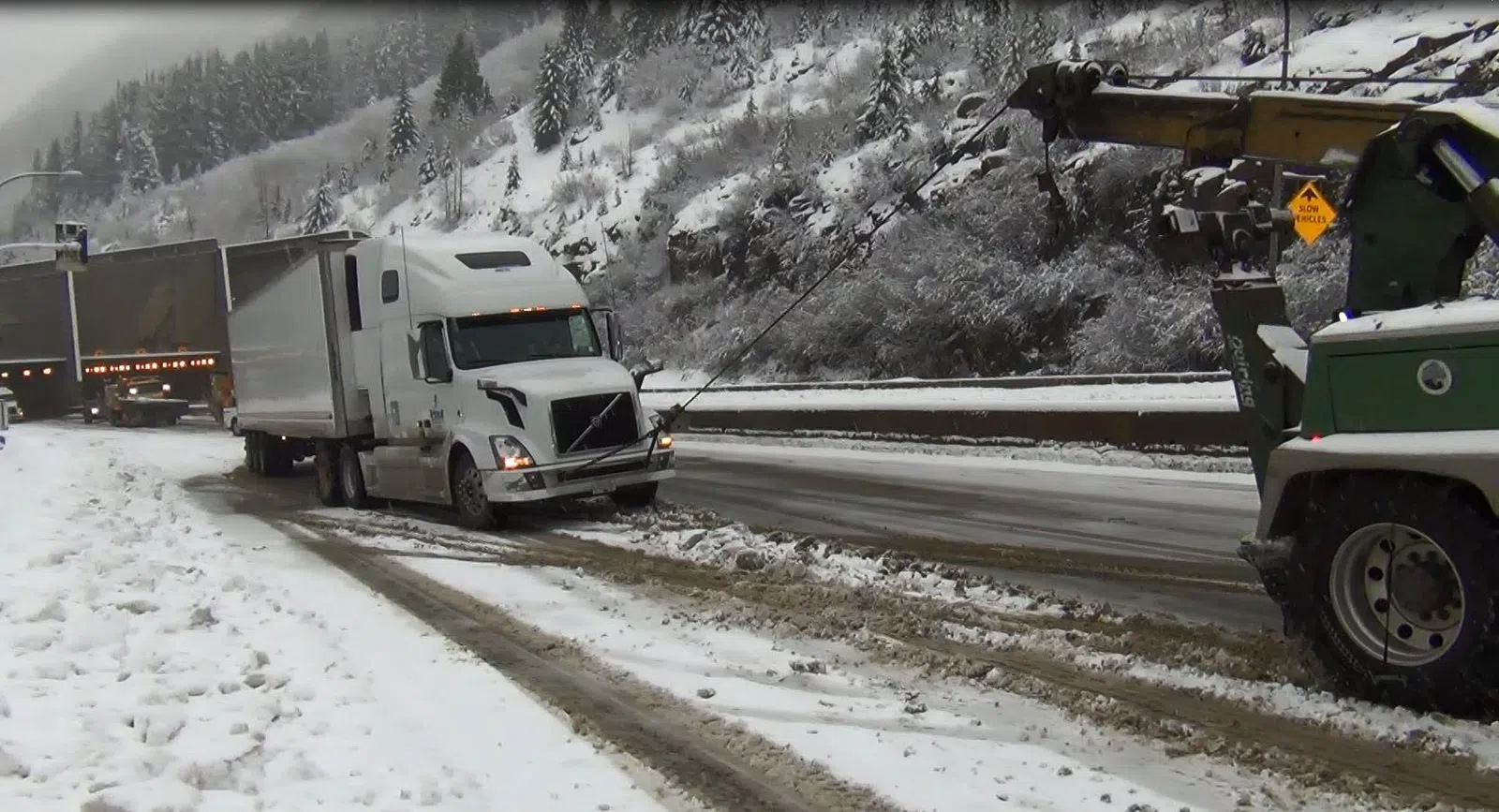
PETERS: New chain-up rules won’t stop rule-breakers
STRICT NEW RULES meant to make high mountain highways in BC safer may have missed the point.
Much smaller vehicles will now be required to use chains in lieu of winter-rated tires, and larger vehicles will be mandated to use more chains.


